
Identity is often perceived as an intangible set of associations wrapped around the historical memory of the built environment. However, with the transformative nature of any place, do notions of Identity metamorphose with time? Or, are they constant with renewed meanings and perceptions in the evolving context?
The amalgamation of historically diverse cultures and regions in the present globalised world has resulted in the cross-cultural synthesis of identities to produce asynchronous and interdependent global consciousness. Although boundaries have blurred, environmental psychologists argue that, now, more than ever, people crave a sense of belonging stemming from cultural identity. An Identity that promotes the feeling of ownership which translates into individual and collective responsibility. Identity, therefore, is one of the essential goals for a sustainable and resilient future of cities.
With capital-driven development, we see an impatient production of space that negates the holistic processes of space conception. The resultant is, an increasing conflict between man and nature; struggles around economic divide and social exclusion of the marginalized; negligence of historical narratives and a consequent altering of perceptions around cultural identity.
The notion of identity has become ambiguous, more fragile and on the verge of complete omission. There is therefore an urgent need for recalibrating existing design processes to evolve more resilient solutions that value and include evolving identities.
This conference would be an opportunity to trigger a discourse and provide a platform for the investigation of robust processes of exploration ‘in search of an identity’ in the urban and architectural realm within a global consciousness.

Founding Partner, MVRDV, Amsterdam, Netherlands
The ‘VR’ of MVRDV, Founding Partner and Principal Architect Jacob van Rijs (Amsterdam, NL - 1964) is renowned for his dedication to bold concepts combining daring ideas with a humane and user-friendly approach. Van Rijs has developed this approach over the past 30 years in practice, leading to a wide range of the office’s most notable projects, from cultural and civic buildings to transformations, and from residential buildings and social housing to interiors.
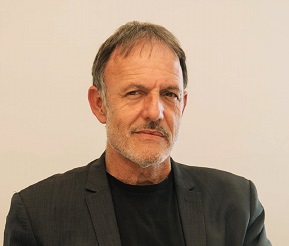
Senior Partner at L35, Barcelona, Spain
Strongly focused on mixed use and urban integration, Ernesto supervises the activity of L35 in Central Europe, the Middle East and India with projects in a dozen countries. He also co-directs the Design Innovation department - an internal think-tank to foster creative exchange among L35 architects and with professionals from other venues. A firm believer in co-creation and global networking, he participates regularly as a speaker and representative in different forums such as MIPIM, MAPIC, IE and LAI.
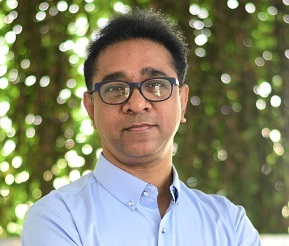
Principal Architect at SHATOTTO architecture for green living, Dhaka, Bangladesh.
Md. Rafiq Azam is one of the internationally acclaimed architects from Bangladesh practicing for the last 30 years. His green architecture is not a mere mechanism of energy saving rather it seems like an inspiring process of energy gaining. As a visiting faculty, he taught at different national and international institutions and now appointed as Professor in Practice by BRAC University, Dhaka. His awards include- LEAF Awards-2012, WAF Award-2017, ARCASIA Gold Medal 2017 name a few.
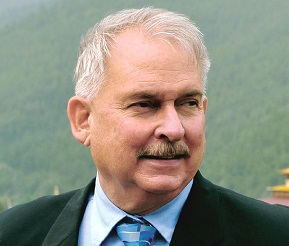
Principal Architect at CCBA, Pune, India.
Christopher Benninger studied Architecture at Harvard University and City Planning at the Massachusetts Institute of Technology. Christopher’s early works were influenced by his association with modernist architects. His initial works like CDSA in Pune, and UWC India gave way to an individualistic style, which has matured through works like Suzlon One Earth and the IIM at Kolkata, where modern materials and sustainability are the underlying themes. His planning projects are located pan India besides Sri Lanka and Bhutan. Amongst his publications, his book ‘Letters to A Young Architect’, won the Best Architecture Book of the Year Award 2012. He has won numerous awards including the prestigious IIA award on six occasions.

AIA, LEED AP, BD&C, NOMA
Sustainable Design at Thomas Jefferson Univercity, Philadelphia The Salaman Family Chair in Sustainable Design Professor, Sustainable Design and Integrated Design

Associate Professor, History of architecture (SSD Icar/18) At Palermo University’s Department of Architecture Member of the PhD board in Architecture, Arts and Planning (Palermo University).
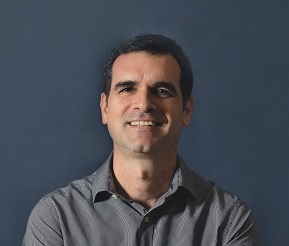
B.Arch. from ISPJAE, Cuba
M. Arch. in Human Settlements and Engineering Doctorate from Katholieke Universiteit Leuven,Belgium
M.Arch. and Conservation from CENCREM, Havana
Current position: Adjunct Professor, Faculty of Architecture, Technological University of Havana J.A.Echeverria.
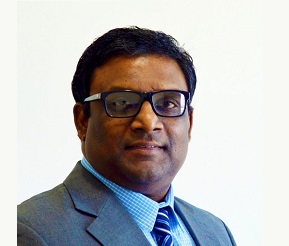
PhD in History and Theory/Architectural writings and discourse analysis, School of Architecture and Built Environment, Adelaide University, Australia.
Associate Professor | Research Coordinator
School of Design and Architecture
Manipal Academy of Higher Education, Dubai
Dubai International Academic City, Dubai, UAE
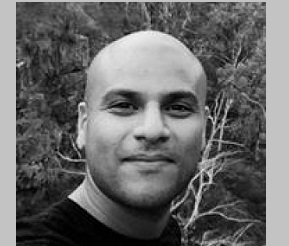
Ph.D. in ArchitectureSchool of Architecture, Landscape Arch. & Urban Design (SALUD), University of Adelaide, Australia
Senior Lecturer, School of Architecture and Built Environment
The University of Adelaide, Australia
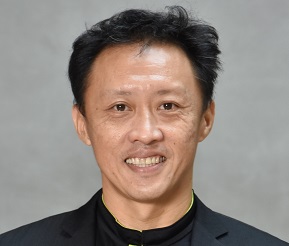
PhD is in sustainable building technology from MIT
Masters in theoretical physics, NUS; Masters in civil & environmental engineering, MIT and
masters in technology policy, MIT
Assistant Dean, National University of Singapore.
Leading Smart Materials Laboratory & the construction of 3D printing thrust in NUS.
Dr. Kua’s current research interest is in upcycling and valorization of biological waste into high performance smart building, with a current focus on applying biochar in concrete and as air filters. A highly cited author and researcher, Dr. Kua has authored more than 100 articles and book chapters.
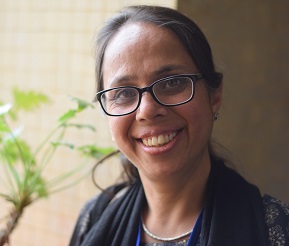
Ar. Savneet Kaur is the founder and principal of Imarat architects based in Chandigarh. She has done her master in sustainable development. Having worked closely with TERI (Tata Energy Research Institute), her firm pioneers in designing buildings with Solar Passive techniques and green consultancy. She has also worked on GRIHA and formulation of SWAGRIHA for residential architecture.
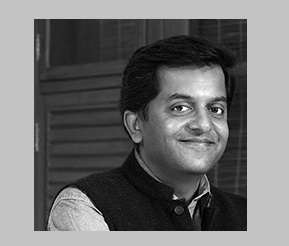
Ar. Bijoy Ramachandran is an architect and urban designer based in Bangalore. His firm, Hundredhands is an internationally recognized practice and has been featured in Architectural Design (UK) magazine’s survey of contemporary Indian architecture (‘Made in India’, January 2008). Other awards include an official selection for the Project South Exhibition and the Leone di Pietra at the Venice Biennale, 2006, and the Cityscape/Architectural Review Award in 2005.

Ar. Peter Scriver has played a leading role in the teaching of Architectural History, Theory and Architectural Design, and the development of postgraduate research across the Built Environment disciplines at the University of Adelaide since 1996. His research engages cultural and cognitive approaches to the study of architecture and the broader built environment, with a particular focus on colonial architectures and urbanism, and the professional networks and institutional frameworks in which the design disciplines operate.
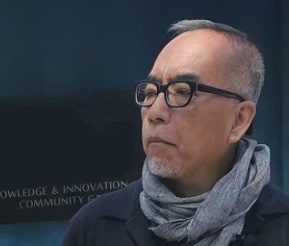
Chi Ti-Nan received the B.Arch. training from Tunghai University, Taiwan, and obtained his M.Arch. degree at Yale University in the U.S.. He is a registered architect and his own practice Chi’s Workshop established in 1993. His design works have been widely exhibited, including at Architectural Association 1997, Venice Biennale of Architecture 2000, etc.. Since 1999, he has been curating a series of Urban Flashes workshops held over the Euro- Asia continent, as part of his on-going research/practice on Micro-Urbanism.
Pedro Aibéo is an internationally awarded Architect and Civil Engineer. He is a Kone Säätiö Research Fellow, a Visiting Associate Professor at UNAM University, Mexico and at Wuhan University of Technology, China and a Doctoral Candidate at Aalto University, Finland on "Architectural Democracy". He is the founder & CEO of the Gamified Cohousing Oy, founder and Artistic Director of “Cidadania” theatre+games group, a professional Musician at Homebound, the founder and Chairman of the World Music School Helsinki, a drawing teacher at the croquis nights and at Kiasma and a comic novelist.
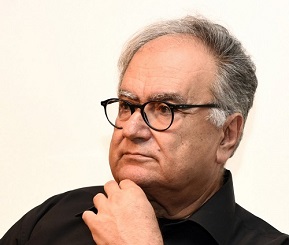
Professor Dr. Suha Özkan, Studied Architecture, Urban Design and Theory of Design in Middle East Technical University and Architectural Association School of Architecture (B Arch March AA Dipl Hons. PhD). He received Hon F AIA in 2004, is the founding and current president of World Architecture Community from 2007 to date. He was the former Deputy (1982-1989) and the Secretary General of Aga Khan Award for Architecture (Geneva Switzerland)(1989-2007). He taught in Middle East Technical University (Ankara, Turkey) (1969-1982 and 2009-2012) Dr. Özkan works as an international consultant for architecture and urbanism for project procurement and competitions. He established Bodrum Architecture Library, Turkey that he owns.
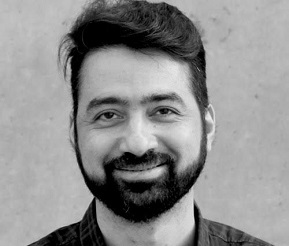
Kaiwan Mehta, is a theorist and critic in the fields of visual culture, architecture, and city studies. Mehta has studied Architecture (B. Arch), Literature (MA), Indian Aesthetics (PGDip) and Cultural Studies (PhD). In 2017 he completed his doctoral studies at the Centre for the Study of Culture and Society, Bengaluru, under the aegis of Manipal University.Since March 2012 he has been the Managing Editor of Domus India (Spenta Multimedia). He is also Professor and coordinator of the Doctoral Programme at the Faculty of Architecture, CEPT, Ahmedabad since 2017; and part of the CEPT University Press since 2018. He authored Alice in Bhuleshwar: Navigating a Mumbai Neighbourhood (Yoda Press. New Delhi, 2009) and The Architecture of I M Kadri (Niyogi. New Delhi, 2016).


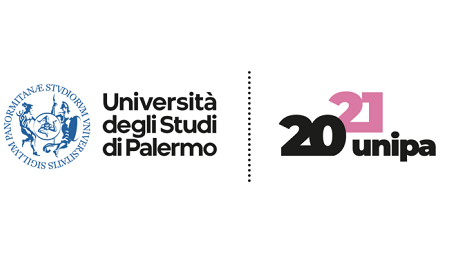
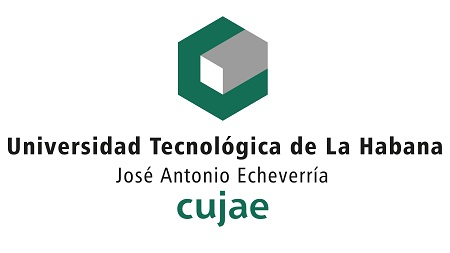
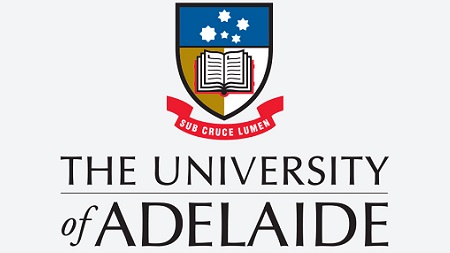
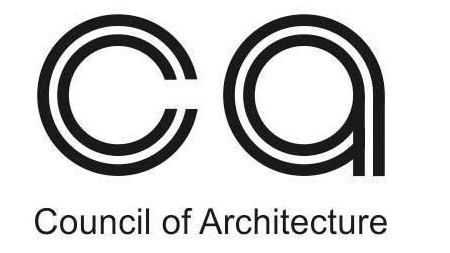

Copyrights © 2023 BRICKS INSTITUTE. All rights reserved.
Designed & Developed By TOUCHMEDIAADS